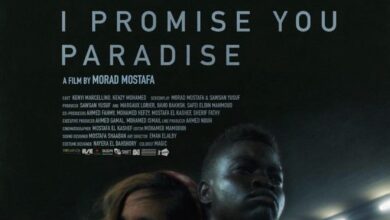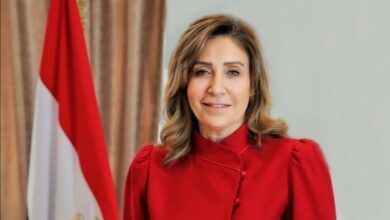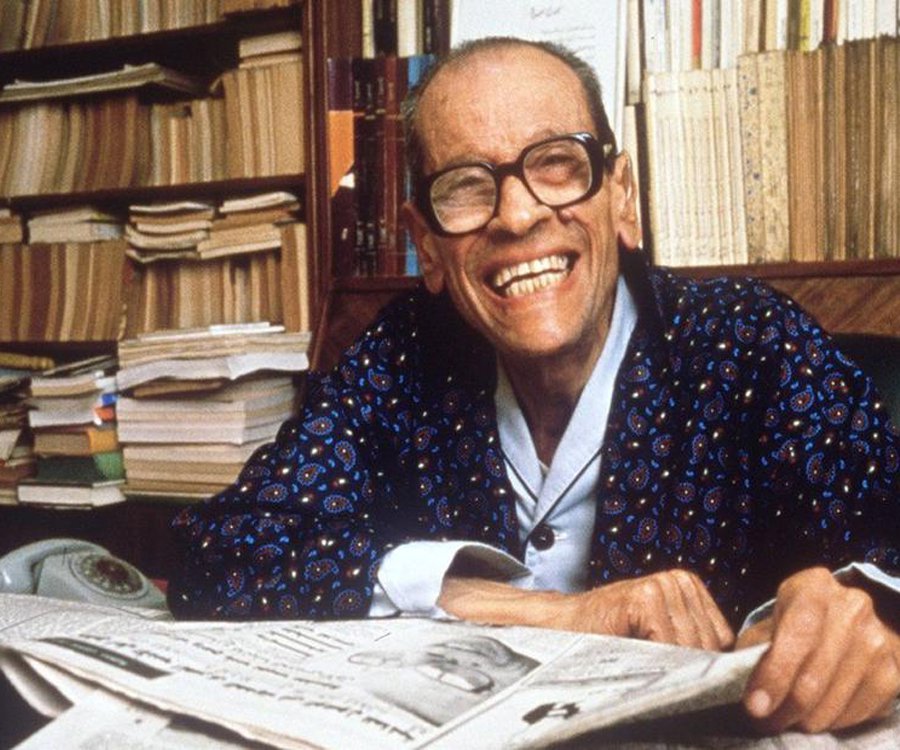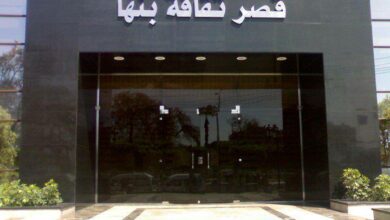On Tuesday, the Goethe Institute screened a series of five short films created by participants in the Male and Masculinity in Egyptian Society workshop organized by Nazra Group for Feminist Studies.
Nazra is a group of young researchers and activists interested in women’s issues in Egypt and the Middle East. They focus mainly on the role of youth in supporting women’s rights in the region, believing that these rights are an indispensable part of human rights and democracy.
The screening of the one-minute films–which revolve around the notion of masculinity and patriarchy in Egypt–was followed by a symposium. During the symposium, the work team discussed with the attendees their points of view and the experiences they had during the workshop.
According to Bassam Mortady, the executive producer and coordinator of the workshop, the aim of creating these films is not raising awareness or coming up with a solution for the displayed issues, but illustrating the current situation of men in our country. “We worked on this question specifically to grab the attention of producers to present these crucial issues,” he said.
Ahmed Rahal, the scriptwriter on "Men Dafater Hanafy el-Feel" (From the Dairies of Hanafy el-Feel), said through their work they wanted to shed light on different perspective of masculinity and challenge the traditional stereotype of men in our society, avoiding the violent aspects of male character.
“Most of today’s films tackle the same old idea of how women are suppressed by the man in their lives whether husband or brother or father,” Rahal pointed out. “Subsequently, we brainstormed to present distinguished patterns.”
For example, in "Al-Baqaa lel Aqwa" (Survival of the Fittest), “We meant to make the man weep bitterly and uncontrollably over the death of his wife, whenever he sees one of her belongings, to change the stereotype of the man who is not allowed to cry in order not to lose his prestige,” the director of the film Bashir Mohammed said.
"Min Dafater Hanafy al-Feel" (From the Dairies of Hanafy al-Feel) sheds the light on the idea that people care about appearance more than content. Accordingly, men give due attention to people’s opinion of any action that might weaken their masculine image.
The film opens with the actor being afraid of anyone seeing him hang his laundry, which is known as women’s work. The idea is also emphasized in the actor’s words about his homosexuality. “I am not ashamed of being homosexual anymore, but I am embarrassed of blushing when someone asks me why I have not had any relation with girls till now.”
Harassment, which has become a familiar scene today in the streets, is another issue tackled in "Fi Kol Hayy Walad Etra" (In Every Neighborhood, a Brave Boy). The film tells the story of a woman screaming for help in the street, while the men around show total indifference to what is happening. Without uttering a word, the visual image successfully conveyed the absence of respect and chivalry.
"Kollo ela Keda" (Anything but That) touches on another sensitive issue, which is the anger over the printed photo of a limp cigarette on both sides of new cigarette packs. The director of the film, Ines Marzouk, explained the film to Al-Masry Al-Youm, saying, “Each time a young smoker buys a cigarette pack, he ignores the different graphic warnings printed on it. Government may believe in this photo's efficiency as a sure method of frightening smokers, apparently unaware of a young smoker's unwillingness to give up his sole source of pleasure for unconvincing reasons. One day, however, the young smoker is shocked by the new photo [of a limp cigarette] on the cover, one assailing ruthlessly his sole remaining source of power.” The title of the film holds a profound meaning; to young smokers, anything can be messed with except their sexual abilities.
The last film, entitled "Ennab Saaei" (Cold Hibiscus), is a different genre from the above-mentioned films. It gives you an imaginary picture of a coffee shop (ahwa) for girls where they adopt men’s attitudes. They smoke shisha, shave their beards and talk about financial issues.




